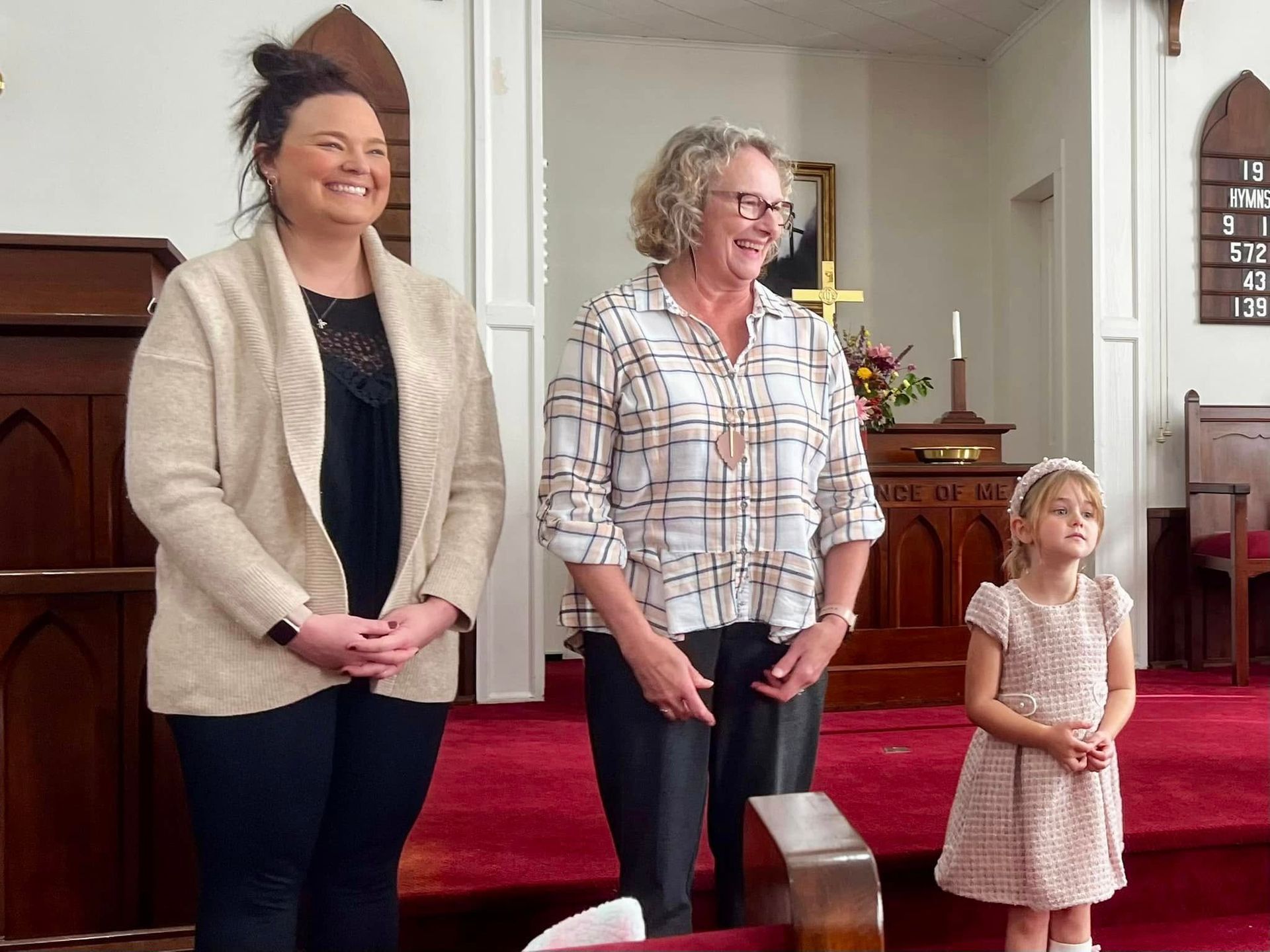The Cost of Old Wineskins
In 1997, the number of payphones in the United States alone was over 2,000,000. Cellular phones were just beginning to crack the mainstream at the time, but communication, when you were away from the home or office, was still ruled by the almighty phone booth. You might recall the epic rise of services like 1-800-COLLECT. [Author's note: Go and enjoy their still existing website or my favorite parody of collect calls here]
Recently, some large telecom companies petitioned the FCC to stop requiring the companies to submit annual audits of transactions on pay phones. Companies like AT&T and Sprint have been required for decades to annually provide audits reporting how many calls and the subsequent profits of pay phone calls to the FCC. The issue, however, is that there are so few pay phones left – and therefore, so few pay phone calls – that it now costs more to perform the audit than is being made off the pay phones. That 2,000,000 figure mentioned earlier? It's down to less than 100,000 in the U.S. (Frankly, I'm surprised it's that many)
It's a sign of the times, right?
This is nothing new and comes as no surprise.
At our recent General Conference, our National Moderator, Emery Hurd, laid out a beautiful illustration of new wineskins vs. old wineskins. Jesus' now infamous response to John's disciples regarding the devotion of the Pharisees was far less about old vs. new in age, or in practice. Emery rightfully challenged the conference to not view our tensions as a generational issue, or conservative vs. liberal issue, or even a geographic issue. Our strains are natural, they are normal, and they are welcome. Jesus' response gets at this very thing: if you want to deal with the tension between anything, you don't attack the sources on both sides of the pressure. Rather, you address the tension appropriately. And, often, the goal is not to eliminate the tension, but rather to create an environment where the tension can be allowed to ebb and flow, expand and contract appropriately.
16 “No one sews a patch of unshrunk cloth on an old garment, for the patch will pull away from the garment, making the tear worse.17Neither do people pour new wine into old wineskins. If they do, the skins will burst; the wine will run out, and the wineskins will be ruined. No, they pour new wine into new wineskins, and both are preserved.”
I had two striking thoughts this week as I read about the regulations regarding pay phones. First, I was surprised that it had taken this long to stop regulating pay phones. It seems to me that much like the rest of the world, we in the Church are very good at "binding." We're good at creating new regulations, processes, and things, but we're not very good at "loosing," or letting go. Our structures in this world, like governments, are often quick to try and manage new things, to keep them in check, to regulate them well until we know what we're dealing with. We adopt things quickly and control them carefully.
Loosing, however, that's a whole different story. How well do we let things go? How well do we loosen our restrictions on things in light of change? How well do we lift our hands off the controls?
I was secondly struck that this reluctance to loosen our grip on things goes deep, and there is a real cost. Just as the telecom companies have realized that we're regulating and controlling a technology that is no longer even being used, no longer a threat of being abused, we too hold tightly to a sense of control because it takes an effort to clean up the books. It's much easier to move on to managing the next change we're facing than letting loose the things we've moved past. And, just as those companies plead that the cost exceeds even the usage, we too should be searching for the things we have bound and regulated that are costing us in the Church.
Are we throwing up guards against a culture that isn't even trying to push against our doors anymore, because we've lost our voice at the table? Many of us talk about holding a hard line against culture but yet haven't had anyone or anything that didn't look like us walk through our doors in years.
Are we regulating and holding our leaders back in an old paradigm of leadership development, because we fear our irrelevancy? Are we scared of relinquishing our posts because we're scared we'll lose the identity we found in those posts?
Are we scared to allow the spirit to flow through us and out of us because it will require us to change, lines to be less black and white, and the work of ministry to be less defined and contained?
May we count the costs friends. May we be a people – as those Brethren who had gone before us – who are constantly looking to bind and loose, to understand the will of God through Word and Scripture in our current context. May we be uncomfortable in that, and may we be forever changed because of it.










